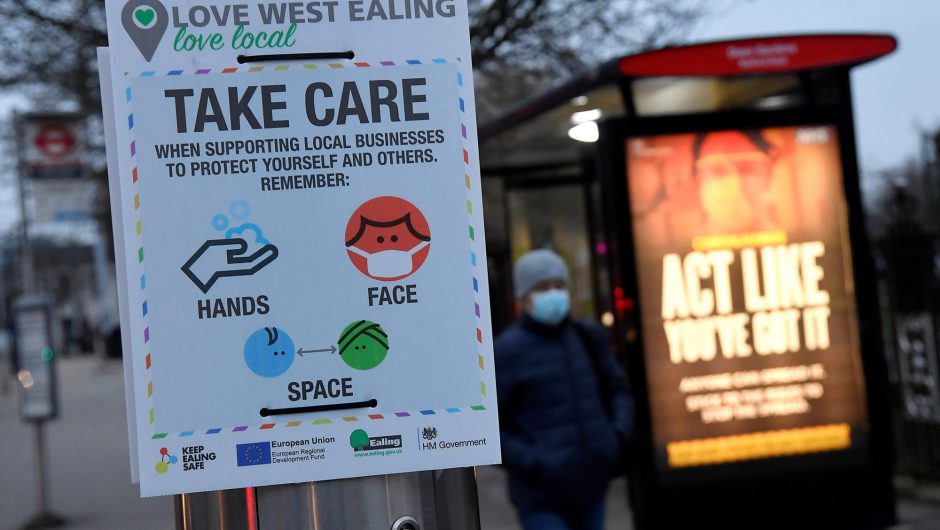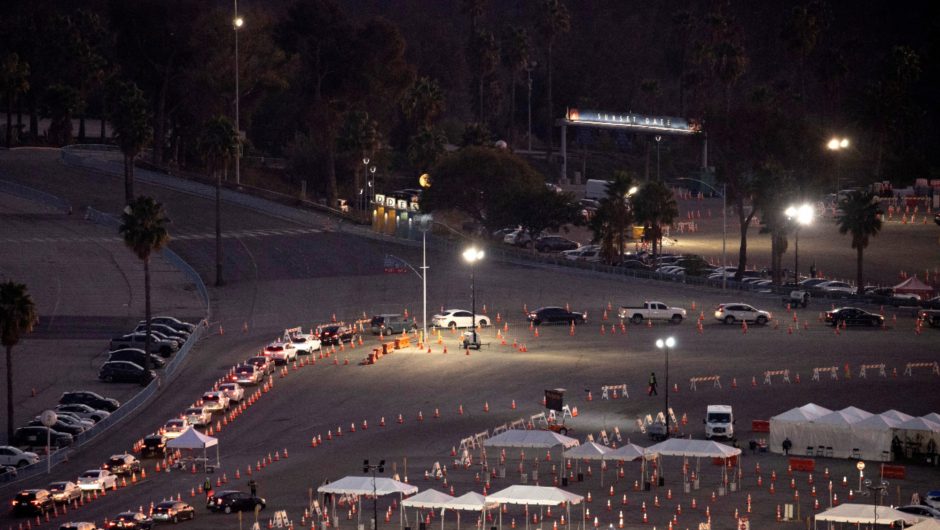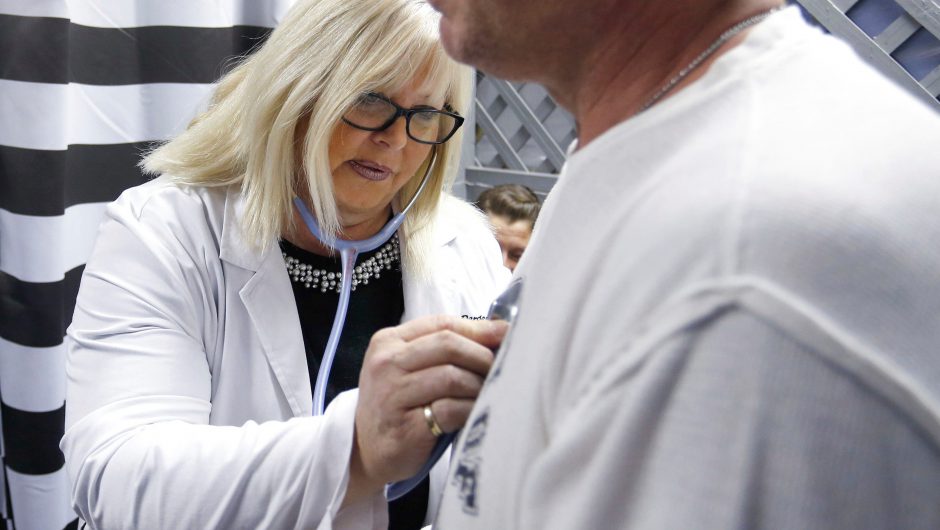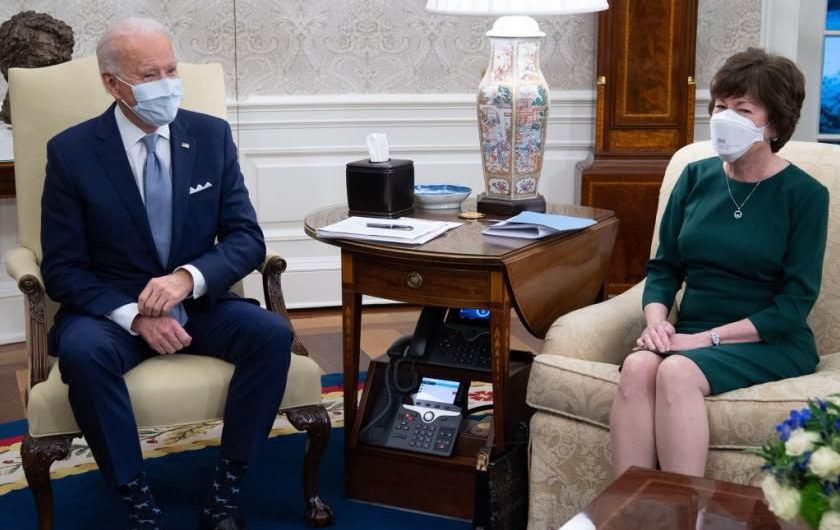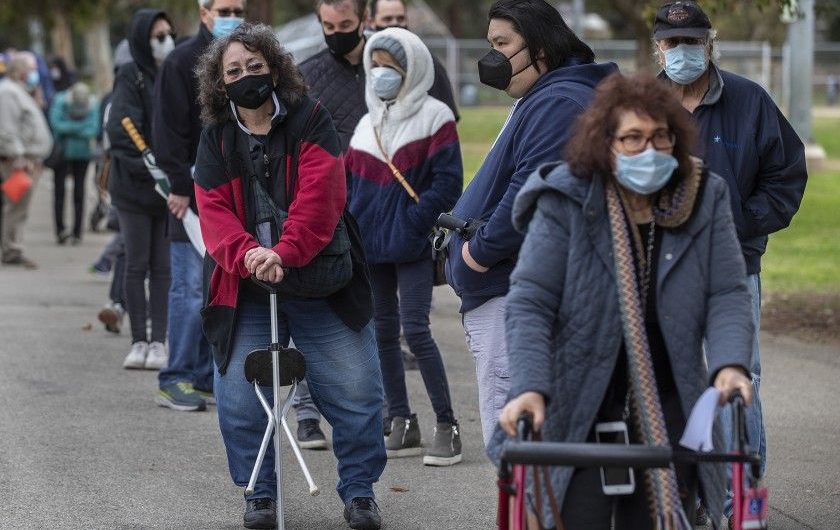[ad_1]
Benjamin Levin never imagined he would live beyond his teenage years.
As a Jewish partisan, he fought against Nazis, was jailed by Soviet forces and even came under machine gun fire when his ship tried to dock in Israel in 1948.
But on his 93rd birthday, he tested positive for COVID-19. He died two days later on April 13 at a Westchester nursing home, said his son Chaim Levin.
“He was a mild mannered happy person who radiated a can-do attitude and convinced all who knew him that anything is possible with individual determination,” he said. “He repeatedly emphasized his mantra, ‘That’s life,’ because in his view life is full of peaks and valleys, successes and failures but is always interesting and should be appreciated.”
Levin’s life was indeed interesting. At just 14, he joined his older brother Shmuel and a group of Jewish resistance fighters known as the Avengers in the forests outside the Lithuanian capital of Vilna. In the summer of 1941 as the Nazis went on a murderous rampage there, killing more than 21,000 Jewish men and boys, the Avengers blew up bridges and German supply lines and killed Nazis. Levin’s own acts of daring were so numerous that more than 70 years after the war, Lithuania still has an outstanding warrant for his arrest.
Levin and his sister survived the war. His parents, who spent time in hiding, were killed by neighbors when they tried to reclaim their home in Vilna. His brother Shmuel disappeared in the forests after a raid, and his body was never found.
Benjamin Levin in 1944Jewish Partisan Educational Foun
Levin joined a Zionist militia — the Irgun — and helped displaced Jews flee to Palestine through southern Europe, Turkey and Syria. After he was captured by the Soviets and jailed in Siberia for a year, he hitchhiked to Italy to rejoin the group. In June 1948, he sailed to the newly created state of Israel with other Irgun fighters to help the Israelis defend the country from invading Arab forces. But their ship, the Altalena, came under fire by rival Israeli Defense Forces who had already brokered a UN-backed cease-fire and demanded that the Irgun surrender the weapons they were carrying on board the ship.
Levin survived by swimming to shore, and ended up marrying one of the young militia members who was shooting from the beach. Levin moved with Sara Fodor, a Hungarian Jew who had escaped the Holocaust with her family, and their two young children to New York in 1967 and settled on Long Island.
An MTA mechanic who eventually purchased a gas station and went into business for himself, he spent a great deal of his time speaking with New York City high school students about the war.
According to his son, “He lived a remarkable and inspirational life, well past his original estimation that he would not live past the age of 16.”
[ad_2]
Source link



